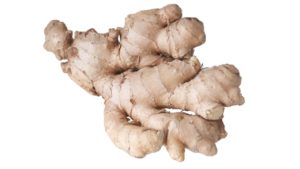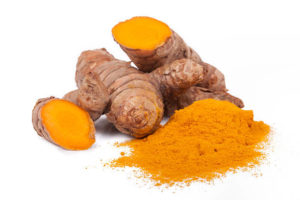Ayurveda
The term Ayurveda comes from the Sanskrit ayur, meaning 'life' or 'longevity', and veda, meaning 'knowledge', 'wisdom' or 'spiritual science'. Why Ayurveda? Everything in the universe is composed of energy. We are constantly interacting with the energy. As long as our relationship with the energy is harmonious and holistic, we can be in our best of health, mentally, physically and emotionally. The following verse in the ancient texts says it best:
As is the human body, so is the cosmic body.
As is the human mind, so is the cosmic mind.
As is the microcosm, so is the macrocosm.
This "life knowledge" have relevance to everyday experiences of comfort and discomfort, pain and pleasure, likes and dislikes. Hence it prescribes a way of life. Ayurveda serves to maintain balance for optimal well-being before the need for medical intervention becomes imminent. Therefore it is no surprise when Ayurveda is used as healing technique, it is on the premise that one treats the patient first, the disease second.
Still practiced by millions today in India, Nepal and Sri Lanka, Ayurveda is a 5,000-year-old healing system. It is a sister knowledge to yoga, and has been growing exponentially in popularity across the western world including North America due to proponents such as the Chopra Centre for Wellbeing.
Written in the ancient language of Sanskrit, the Ayurvedic healing traditions are contained in the oldest and some of the lengthiest medical texts in the world. As a system of natural medicine, Ayurveda's therapeutic techniques and measures include dietary recommendations, massage, herbal therapies, purgatives, sweat baths, and even surgery. These all combine in an effort to achieve and maintain physical, mental, social and spiritual harmony.
The numerous medical texts describing Ayurveda document the various health benefits ascribed by Ayurvedic healers to the Amalaki [Emblica officinalis] fruit. As a primary component of Ayurveda's botanical therapies, it embodies many of Ayurveda's health-enhancing benefits such as promoting energy, vitality, and supports immune function. It serves as a potent anti-oxidant and anti-inflammatory. Other amazing counterparts include:
Ginger [Zingiber officinalis] has been used for millennia in Asian medicine and food to treat a variety of health ailments and improve digestion, absorption, and assimilation. It may act as an analgesic, and may support a healthy cardiovascular system.

Turmeric [Curcuma ionga] works to boost cardiovascular health, stabalize blood sugar levels, and promote normal blood lipid profiles. It is well-known for culinary applications. Turmeric has demonstrated an ability to promote healthy circulation, digestion and inflammatory response.

Tulsi [Ocimum sanctum] also known as holy basil, is known to support intestinal health and reduce cholesterol levels. Also serves as an effective pain killer and antioxidant, and may help reduce glucose.

Schizandra [Schizandra chinensis] helps improve mental function, memory, and nourishes the nervous system. It also helps the body resist infections.
![]()

Jujube [Ziziphus zizyphus] supports the immune system and it is also known to have a calming effect on the nervous system. Cultivated for over 4,000 years, modern research suggests jujube may promote healthy sleep.

Haritaki [Terminalia chebula] provides a great gentle cleanse for the body, and increases the ability to burn fat. Like schizandra, this may be an adaptogen and is thought to nourish the heart, liver and kidney.

Work with us to spread the goodness of Ayurveda and elevate your financial status at the same time.
CONTACT US»
